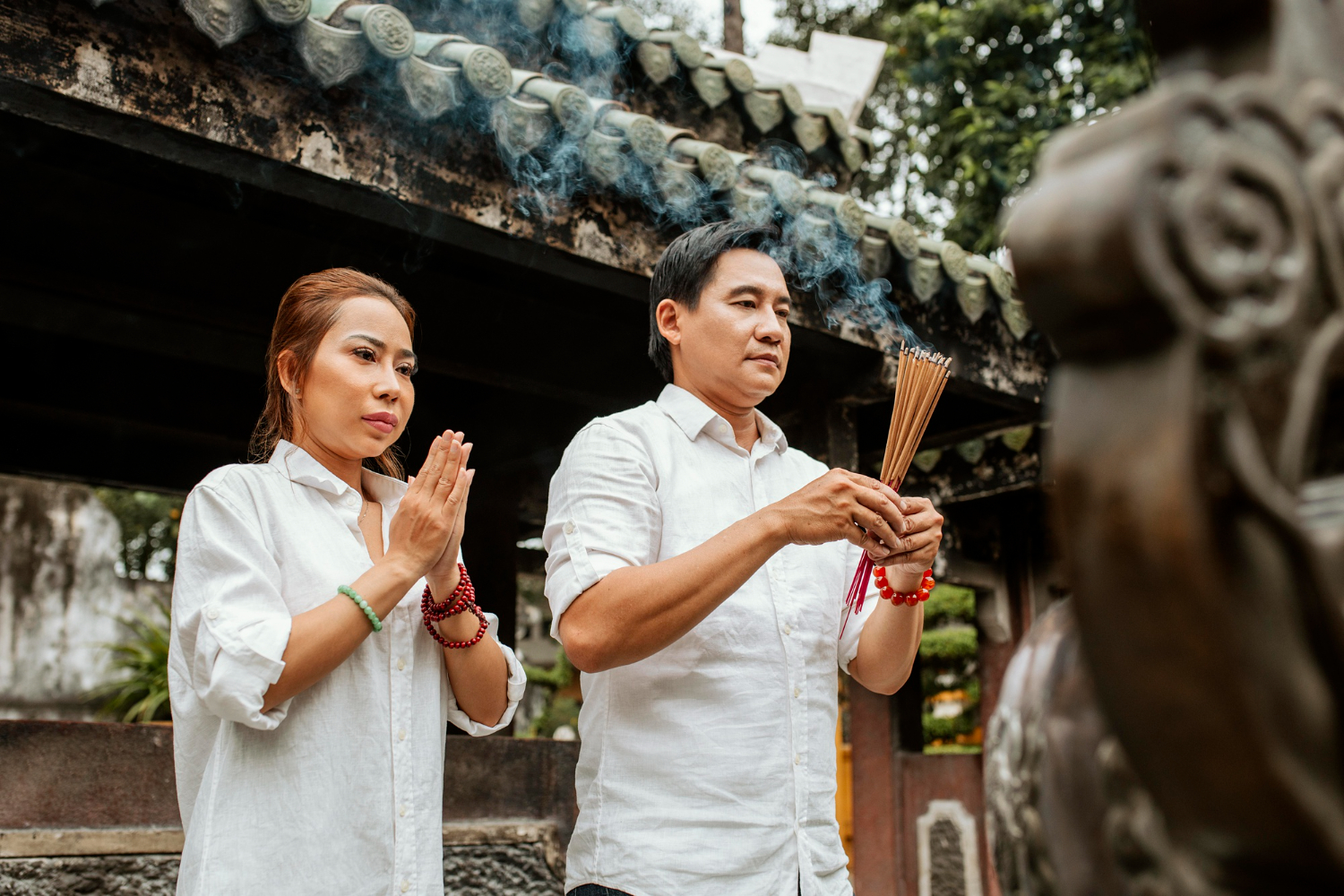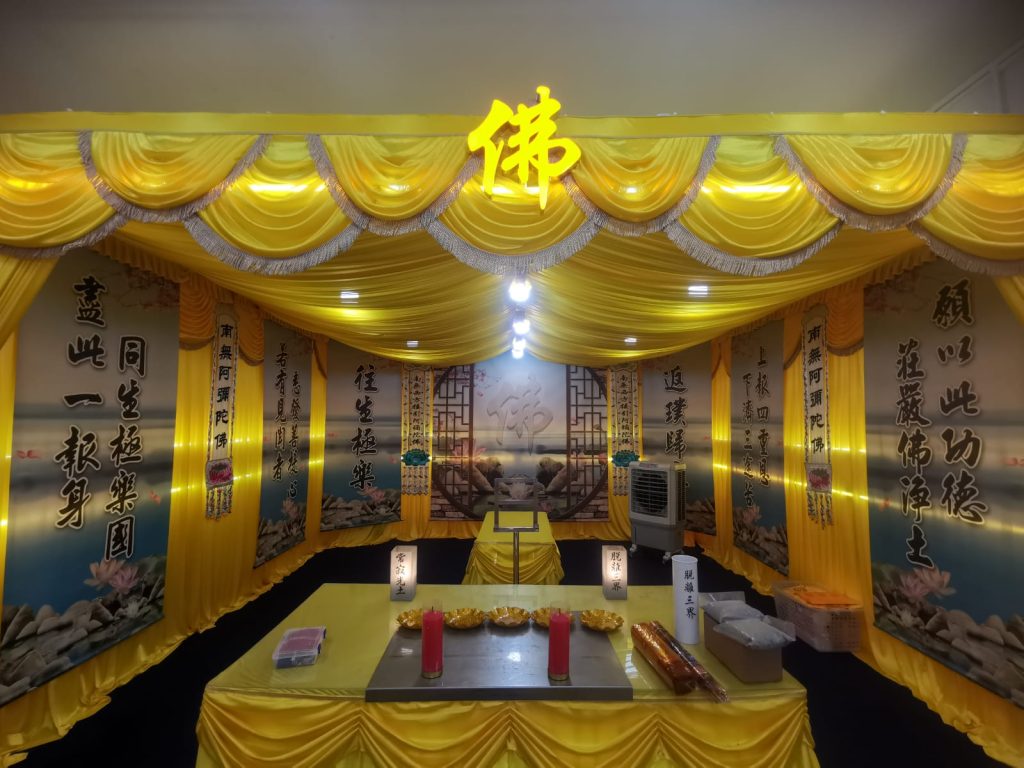
Attending a funeral is a time to show respect, share in grief, and honor the life of someone who has passed away. In Singapore, where diverse cultures and religions blend, it’s not uncommon to find yourself invited to a Buddhist funeral, even if you don’t practice Buddhism yourself. Buddhist funerals are deeply rooted in tradition and spirituality, emphasizing peace, respect, and the journey of the soul after death.
Understanding what is considered respectful and what is not can be challenging, especially if you’re unfamiliar with Buddhist customs. This article aims to shed light on the do’s and don’ts when attending a Buddhist funeral in Singapore. Whether you’re a close friend, a colleague, or an acquaintance, knowing these customs ensures you pay your respects appropriately, without unintentionally offending or disrespecting the bereaved family and their traditions. Let’s walk through the key considerations and practices to help you navigate this solemn occasion with sensitivity and respect.
Before diving into what not to do, it’s helpful to understand the basics of Buddhist funeral traditions, particularly in Singapore. In Buddhism, death is seen as a natural part of life and a crucial stage in the cycle of rebirth. Funerals are not just about mourning the loss but also about offering prayers to aid the deceased’s journey into the next life.

Most Buddhist funerals in Singapore last for about 3 to 5 days. They involve chanting sessions led by monks, offering prayers for the deceased, and ceremonies that focus on sending off the deceased with peace and blessings.
In Buddhism, the process of mourning is viewed not just as an expression of grief but also as a reflection on the transient nature of life. Buddhists believe in the concept of impermanence, which teaches that all things, including life, are in a constant state of change and eventual decline. This perspective helps to frame death as a natural part of life’s cycle, rather than a final end.
During a funeral, mourners are encouraged to contemplate the reality of life and death, fostering a deeper understanding of the Buddhist teachings on impermanence and the nature of existence. While sadness is a natural and expected response to the loss of a loved one, Buddhists also view death as an opportunity for the deceased to move on to their next phase of existence, according to their beliefs in rebirth and karma.
Therefore, while mourning is respected, it is also balanced with a sense of acceptance and a focus on the spiritual journey of the deceased. This understanding helps attendees approach a Buddhist funeral with the right mindset – one that respects the grieving process but also appreciates the profound spiritual significance of death in Buddhist philosophy.

Buddhist practices can vary significantly between different ethnic groups in Singapore. For instance, Chinese Buddhist funerals might have different customs compared to Thai Buddhist funerals. If you’re unsure, it’s always a good idea to ask a close friend or do a bit of research beforehand.
Silence is highly valued in Buddhist ceremonies. It’s a sign of respect and allows for personal and communal reflection. Be mindful of your phone – make sure it’s on silent mode. Conversations should be kept low and to a minimum.
At a Buddhist funeral in Singapore, participation in rituals by non-Buddhists should be thoughtful and respectful. It’s appropriate to observe quietly and follow the lead of the family or monks. If invited to participate, such as offering incense or chanting, do so with reverence. However, if you’re unsure or uncomfortable, it’s perfectly acceptable to politely decline. The key is to show respect for the rituals and those in mourning. Observing silently can also be a form of participation, demonstrating your support and respect for the bereaved family’s religious practices.
Avoid using your phone for calls or messages during the service. Taking photos or posting about the funeral on social media is generally frowned upon, as it can be seen as a lack of respect for the deceased and the grieving family.
Attending a Buddhist funeral in Singapore is an opportunity to show respect and support during a solemn time. By understanding and adhering to these guidelines, you can ensure that your presence is considerate and respectful, honoring both the deceased and their loved ones.
